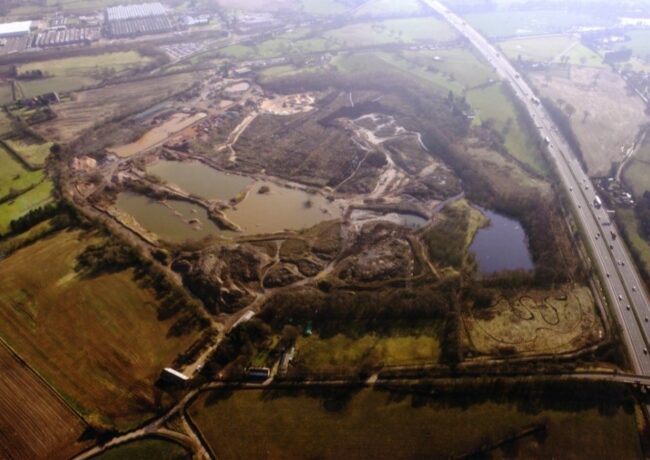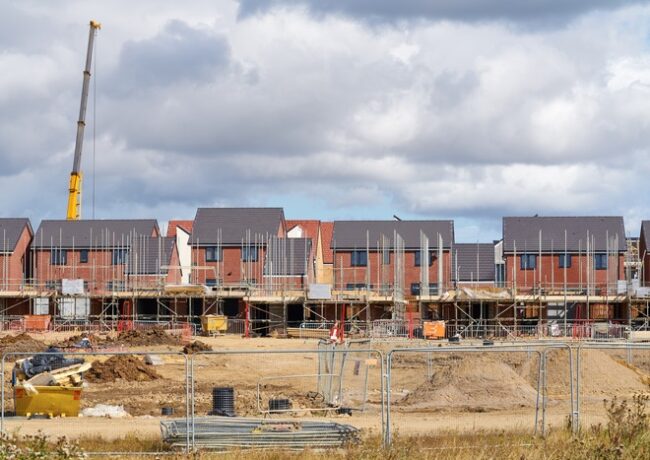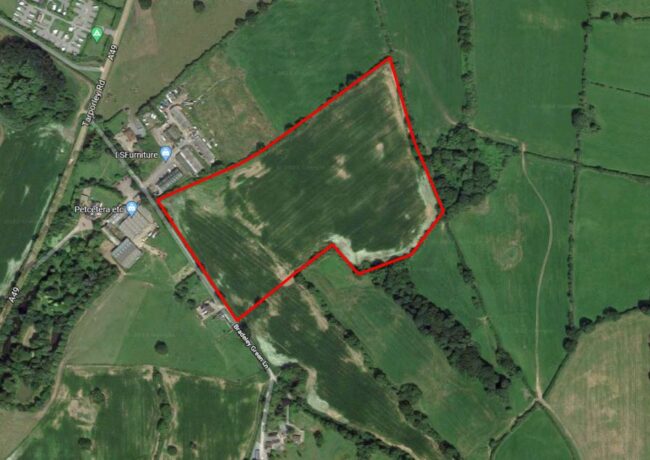Cheshire East’s five-year supply questioned by inspector
Just months after the final adoption of a Local Plan, the local authority’s five-year housing supply has been called into question by a planning inspector as part of an appeal decision.
Although the appeal, an outline application for up to 400 homes at White Moss by Renew Developments, was dismissed, there could be major implications for planning in the borough after the inspector observed the council may not have a “robust” pipeline of sites for housing.
“On the basis of the fact-specific evidence before me, and the illustrated risk of available housing supply falling slightly below the five-year requirement, I cannot determine with confidence that a marginal best case excess amounts to a sufficiently robust supply of specific deliverable sites.
“Given the importance of the five-year baseline, and the aim to significantly boost the supply of housing, I conclude that it would be both cautious and prudent in the circumstances of this case to regard policies for the supply of housing to be considered not up-to-date,” he said.
The inspector instead turned to guidance in the National Planning Policy Framework to inform his decision.
The Cheshire East Local Plan seeks to address past under-delivery over the coming eight years, with 2,940 dwellings each year required for the next five years. The council’s revised assessment is that it has 16,057 deliverable units, equating to a 5.42-year housing land supply. The loss of 1,233 units from that would see supply dip to five years.
With part of the appeal based on the issue of supply, the inspector examined progress at a number of key sites and found that in several cases, progress has not been made at the rate originally intended and that the number of completions anticipated for each year should be reduced in some cases.
Such “disputed sites” include Victoria Mills in Holmes Chapel, still a working site where the inspector said “there is scant indication of the site being available now for housing development,” and the Kings School in Macclesfield. Work on the school’s new location did not start at “the earliest date anticipated”, meaning that vacation of the site by September 2020 is more likely than the original best case of January 2019.
In terms of large-scale strategic sites, things look equally questionable. At Leighton in Crewe, subject of a resolution to grant outline consent in February this year, there is no signed Section 106 and no identified developer. While good progress is noted on projects such as the South Macclesfield Development Area, the inspector suggested that with complexities over issues such a remediation, it might be safest to assume a slippage in delivery.
Anticipated completions for 2017/18 are 3,373, a significant jump from the 1,762 units delivered in 2016/17. The inspector noted: “The anticipated completions for 2017/18 look particularly challenging, as they would be almost double the previous year.”
The inspector said that between 1,033 and 1,363 dwellings included in the five-year supply are “at risk of failing to materialise within the timeframe” providing the council at best with headroom of 200 units and supply of 5.07 years, and at worst a shortfall of 130 dwellings and supply of 4.96 years.
The White Moss scheme itself is a former quarry site near Alsager, where Renew has an agreement with Persimmon and Anwyl. It runs up against the Local Plan, which already includes plans for 99 acres of employment land and 4,000 homes in the area, all but 13 of which have been identified.
The council argued that adding 400 homes to a modest-sized settlement would provide an imbalance. The inspector said it is a “fundamental policy obligation” that development in such areas be small in scale.
A spokesman for Cheshire East Council said: “We are pleased that the inspector has dismissed this appeal. The council is now scrutinising the inspector’s findings.
“The new Local Plan allocates almost 2,500 acres of land for housing and we will continue to work with developers to bring identified sites forward as quickly as possible for development.”
Civitas Planning worked on the White Moss application, along with architect Newcombe Associates.
What seems clear is that the council needs to cut lead-in times and enable starts if it is to avoid returning to “planning by appeal” seen while the Local Plan was still in its draft phase.
Gary Halman, managing partner of HOW Planning, said: “Major residential applications still take too long. An approach which positively discriminates in favour of housing applications to ensure that, where these are in line with the Local Plan they are consented without delay is now essential.
“By the same token developers who gain consent should be under an obligation to progress to implementation as consented sites that are sat on amounts to land-banking which is equally unhelpful.”
Halman added: “My suggestion is a fast-track service for housing applications, which ensures a prompt service so those that genuinely want to get on and build can do so. Maybe from the developers’ viewpoint they’d be prepared to accept a shorter lifetime permission in return, demonstrating their firm intent to deliver new homes quickly.”




